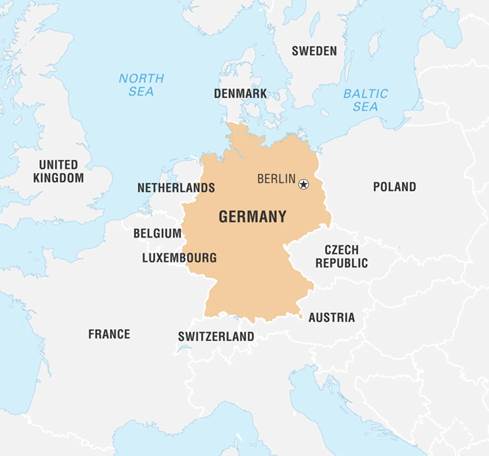Free Courses Sale ends Soon, Get It Now


Free Courses Sale ends Soon, Get It Now



Copyright infringement not intended
In News: India’s consumption of Russian oil is just one-sixth of European consumption and should not be compared unfavourably, External Affairs Minister S. Jaishankar said in his talks with visiting German Foreign Minister Annalena Baerbock, defending the government’s decision to increase the intake of Russian oil since the war in Ukraine.
Details:
.jpg)
Details:
Background of relations:
Germany:
https://epaper.thehindu.com/Home/ShareArticle?OrgId=GRQAJLNEH.1&imageview=0
© 2024 iasgyan. All right reserved